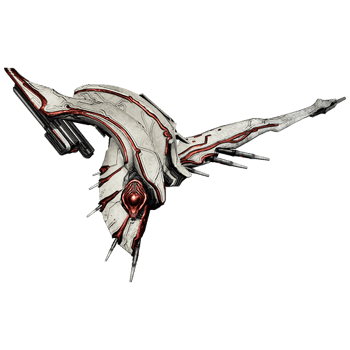Hello everyone, Was just looking up a farm and the thought occurred to me that while I understand how to follow semi-technical tutorials and have a basic understanding of how most/all redstone blocks work I don’t know very much about building the machinery or circuits myself from scratch.
I’ve built a 3x3 piston door from a mix of scratch & memory (seen it done in videos many times prior to trying myself but wasn’t intentionally copying any specific circuitry) and could intuit how to make a basic auto-smelter & auto-composters without having to look them up.
But I only have a vauge understanding that there are such things as quasiconnectivity and T Flip Flops. So, anyone have good resources for learning to do the engineering rather than Ikea-ing builds?
Experience is the best teacher. Practice makes perfect. Get in a creative world and build redstone machines. Copying other people’s machines is absolutely fine and is a great way to learn all sorts of tricks. You learn not just by building it, but also by observing the one you’ve coipied, seeing it work, looking at what its parts are doing. You can tinker with the parts, change something and see if it does something different. If there’s a machine you don’t understand how it works, don’t be intimidated by it, break it down until you understand how it does work. And that’s where the next question comes in.
Things like “quasiconnectivity” honestly reflect things I would call more of a bug that has been turned into a feature. There’s no way to make it intuitive because it’s non-intuitive by design, it makes no sense that certain blocks don’t work in certain cases or if the power comes in from one location and not another, or they need a block update to happen before they work, or that a block update makes them work when it doesn’t seem like it should, and while you will certainly run into them by accident sometimes (and it’s annoying!) you can also use these unexpected things to your advantage create really elaborate and bizarre effects (or more often just really compact ones). But unless you have a specific need for that compact/unexpected process or layout you probably don’t need to worry about it. It’s something you learn with experience when you’re trying to figure out why the thing you’re making isn’t working the way you expect it to be working.
The other thing you’re asking about, T Flip Flops are a kind of digital logic circuits that are actually from the real world. In many ways (at least when it’s not dealing with buggy quasiconnectivity effects), redstone signals actually behave like a perfect digital circuit would. Electrical engineers and computer designers typically design their logic using all kinds of digital “building blocks”, some of the most basic and well known are gates (AND/OR/NOR/XOR/etc) and flip flops. Flip flops are special because they can form permanent digital storage. That is true in minecraft also, and once you learn both what these do and how they can be used, you can also learn how to implement each one in Minecraft. The best way to learn more about these is to study digital logic. With enough patience Minecraft is effectively turing-complete, and can build redstone computers of unlimited size and capacity.
Thanks! Decided to hop right in on a project I had in mind. Wanted an auto-brewer but the ones there’re tutorials for aren’t quite the style I want so maybe at some point in the future I’ll have mine working to add some variety.
Electrical engineering degree
Unfortunately I’ve already got a CompSci degree in progress and couldn’t take the stress of dual-majoring.



